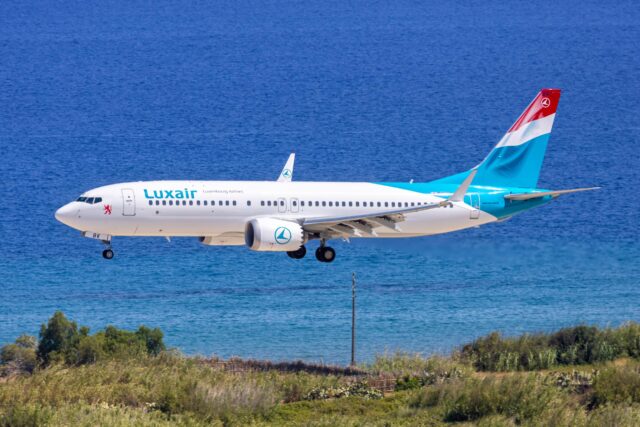GE Aerospace and partners achieve new SAF milestone
GE Aerospace reached a new milestone for a more sustainable future of flight with the completion of testing on its 10th engine model using 100% Sustainable Aviation Fuel (SAF) since…

GE Aerospace reached a new milestone for a more sustainable future of flight with the completion of testing on its 10th engine model using 100% Sustainable Aviation Fuel (SAF) since 2016.
The company said the milestone confirmed the company and its joint ventures have “one of the most expansive programmes for testing the alternative fuel in the industry”.
In 2018, GE90 engines powered the first commercial airliner flight with 100% SAF in both engines on the Boeing ecoDemonstrator, a 777 freighter in partnership with FedEx Express.
Then in 2021, LEAP-1B engines powered the first passenger experimental flight with 100% SAF in one of the two engines on a United Airlines Boeing 737-8.
This year, LEAP-1B engines powered test flights on 100% SAF in both engines of the Boeing ecoDemonstrator Explorer, a 737-10 destined for United Airlines, as part of emissions testing with NASA.
Most recently, in November, Emirates became the first airline to operate an Airbus A380 using 100% SAF in one of the four GP7200 engines.
Additional engines tested at the component-, engine-, or aircraft-level using 100% SAF include F414, GE9X, LEAP-1A, Passport, GEnx, HF120, and CFM56 engines.
The wide range of tests represents a mix of propulsion systems used for domestic and international commercial air travel, military aviation, and business and general aviation.
These tests also evaluated a wide scope of factors, such as engine performance and the impact of 100% SAF on contrails and emissions.
GE Aerospace and its joint ventures power three out of every four commercial flights globally.
“These tests demonstrate that we are leading and prepared to support our customers to operate on Sustainable Aviation Fuel. We’re proud of doing the hard work to better understand the impact of different emissions on the environment and using science to guide the technology we are developing to invent the future of flight,” said Mohamed Ali, vice president of engineering for GE Aerospace.Subscribe to the FINN weekly newsletter
















